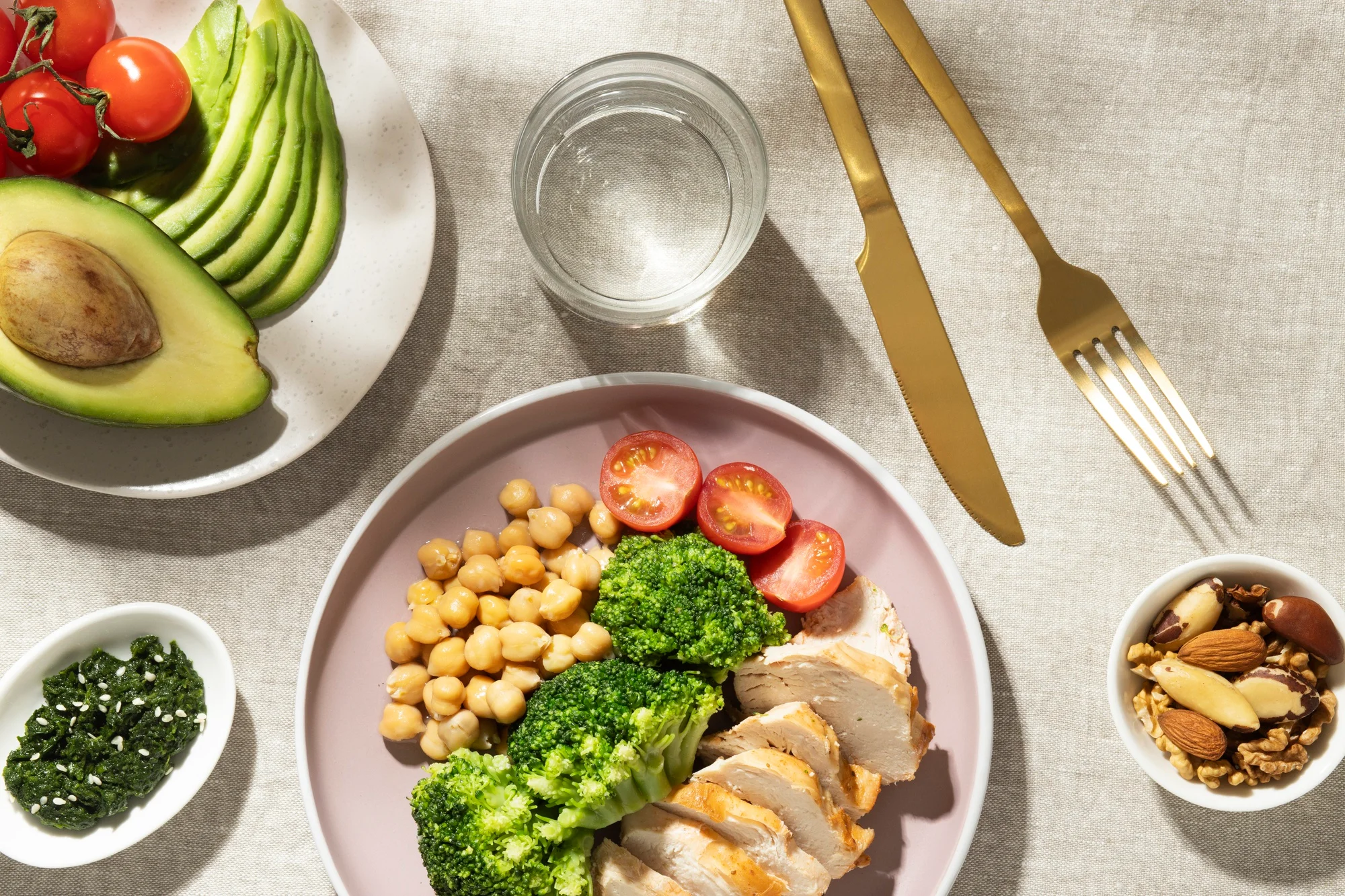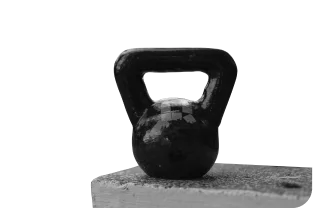Gut Feeling: How a Healthy Microbiome Supports Weight Loss
Dec 20, 2024 ∙ 15 mins read

The importance of gut has always been rather visceral. When some issue hits us deep, we feel it in our gut. When we meet someone special, we feel butterflies in our middle. Nervous? Cue gut reaction.
But in the past few years, gut health has become a cool trend in the diet and wellness world. From ginger shots and turmeric drinks, to a whole array of gut-friendly products marketed towards helping you with "gut reset", looking after your gut is a Big Thing.
So much so, phrases and concepts like the gut microbiota, gut flora, the gut-brain axis, gut-brain connection, leaky gut, etc have become a part of the average human parlance. Many more of us are aware of the importance of good gut health than ever. That's why kombucha is a permanent part of the weekly shop, right?
All this focus on gut health can only have a positive effect, right? Well, yes and no. It is easy to get sidetracked or even swayed by the increasing hysteria over this till-now ignored part of our body.
Let's sift the wheat from the chaff, shall we?
There have been many recent studies on the importance of gut health and how big a role a healthy gut microbiome plays in our overall health. As preposterous as it sounds, gut research earnestly began only recently. So there’s a lot of research being done earnestly into this vital human organ.
First, what is the gut microbiome?
Your gut microbiome, in the words of Guilia Enders, author of the brilliant Gut - The Inside Story of Our Body's Most Underrated Organ, is "an ecosystem.... a community of microbes". It can weigh up to 2 kilos and contains around 100 trillion bacteria! Enders helpfully provides the frame of reference to help us understand this humongous number: one gram of your poop contains more bacteria than there are people on Earth. More than a thousand different species of bacteria as well as some viruses, fungi and even yeasts call the GI tract of your digestive system their home.
The microbiome is the equivalent of human superpower. It breaks up food into smaller, digestible chunks, helps supply your body with energy, breaks down medicines so your bodies can absorb them. Your gut bacteria are even responsible for your blood group!
The microbiome plays a significant role in regulating your body weight, metabolism, immune system and even mental health. Everything from how your body absorbs nutrients to the way it processes calories and burns fat, is decided by your microbiome. Weight management will be a lot tougher if you do not have a healthy microbiome. This will show up as metabolic disorders such as insulin resistance and obesity, mood disorders and other ailments.
How does the gut microbiome help in weight management
1. By having an impact on fat storage

Your gut flora decide how much energy they extract from the food you eat. So, if your bacteria are super qualified in breaking down every morsel of food you eat and getting as much energy from them, you might end up piling on more pounds compared to your friend whose gut bacteria push out some of the indigestible calories. Now you know why, even if you ate the same as your friend, you seem to be holding on to the chub.
This is also why your snacking on chocolate will lead to weight gain, rather than eating, say, a banana or a cucumber. Your gut bugs are more attracted to the carbs in the plants, than the ones in chocolate. A healthy and diverse microbiome is the answer to this issue. Make sure yours is populated with as many different species of bacteria as possible and some of them will like chocolate!
2. Satiety factor

A diverse gut bacteria population also has another major impact: by controlling the hormones that regulate your appetite. You feel full and stop eating well before you are stuffed to the gills - that's satiety. That indicates you are full and will not be thinking it is a good idea to root around for something to snack on 45 minutes from now. In extreme cases, this leads to cravings.
If your gut is full of the good gut bugs, you will feel satiated when you reach about 80% fullness. But a gut in dysbiosis will not be inclined to play ball. Because ghrelin, the hunger-stimulating hormone is produced in the gut and a gut imbalance could affect this, leading to increased hunger, overeating and eventually, weight gain. A microbiome that is balanced will be able to handle food cravings and promote satiety, halting weight gain before it becomes a problem.
3. Let's talk inflammation
In the world of wellness, inflammation is another prime keyword. It is everywhere! The kind of inflammation we are interested in is chronic inflammation. Metabolic disorders such as leaky gut, insulin resistance, obesity, etc, as well as autoimmune disorders such as rheumatoid arthritis, MS etc, show increased levels of infection markers in the blood. Over time, this causes the body to become less responsive and more sluggish.
This inflammation is a great marker for excess weight gain. This leads to further gut dysbiosis and ends up a self-feeding cycle. The one way to break out of this cycle is to strengthen the gut. The microbiome, after all, plays a significant role in regulating inflammation in the body. By healing the gut lining, restoring the gut's balance, repopulating it with diverse and healthy bacteria and thereby improving insulin sensitivity, chronic inflammation can be brought back under control.
The role of diet in the maintenance of a healthy gut microbiome

Your food intake matters a LOT. Having a balanced diet rich in different foods is excellent for a healthy gut microbiome. These gut bacteria have very specific taste preferences - some are attracted to only polyphenol-rich foods like berries and chilies. Don't eat those, those bacteria would starve and wither away rather than munch on chocolate. Some like only broccoli. Don't eat broccoli? Say goodbye to those stubborn bugs!
The more fiber-rich and diverse your diet is, the more types of bacteria will call your gut their home resulting in one healthy gut teeming with beneficial gut bacteria. The gut bugs thrive on a plant-based diet - research suggests they love the carbs from plants to sugar. So you want better health outcomes? Munch on that carrot!
Before you freak out that we are cursing you to a life of a rabbit, remember your gut loves variety. Think pre- and probiotic rich foods (not just probiotic supplements!), herbs and spices, fermented foods and fiber-rich foods. These help with a healthy digestive tract, gut motility and regulating fat storage thereby helping with less body fat.
So have that idli without fear - the fermented batter it is made from has plenty of beneficial bacteria. Just make sure you stop well before you get stuffed and get in a lot of physical activity too!
Your gut microbes play a stellar role in your body functions. The best way to keep them happy is by feeding them plenty of whole foods, reduce the intake of gut unfriendly ultra-processed foods and get plenty of movement. This will not only help with weight management, your healthy gut will also keep your stress levels on an even keel and keep you ticking away for a long time to come.
Join our weight loss program and start your journey to a healthier, balanced life today!






